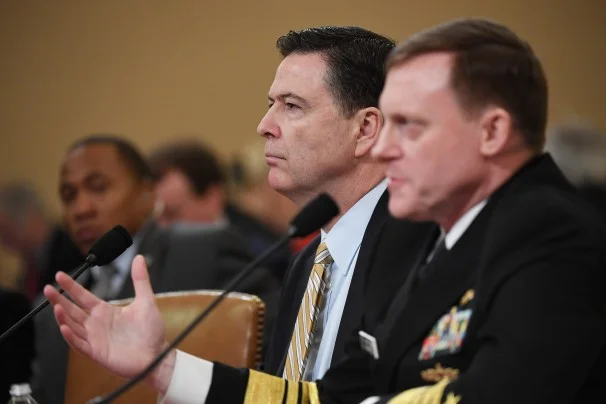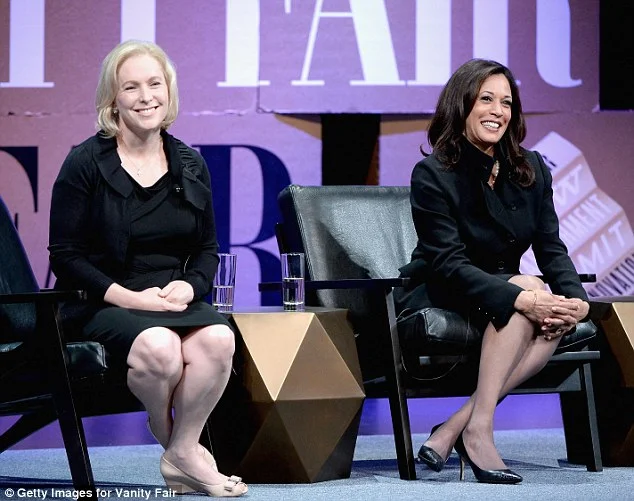What Dems Should Learn from Latino Dip in 2016 By Luke Perry
Latinos have been a key portion of the Democratic coalition since 2008. They widely supported Hillary Clinton and were vital in helping down ballot candidates, but President Obama did five points better with Latinos in 2012 than Clinton did in 2016. Why was the Latino vote unable to secure the blue wall as many Democrats had expected?
Atiya Stokes-Brown, Associate Professor of Government at Bucknell University, provided three main reasons at American Elections Academic Symposium at St. Anselm College this weekend. The first is geographic location. Latino’s are a powerful and growing block nationally, but concentrated in just a few states.
California, Texas, and Florida are home to half of the Latino population. The vast majority of states have above average non-Hispanic white populations.
Second, Hillary Clinton did not undertake significant enough engagement on the campaign trail. Dr. Stokes-Brown described this as “unfocused” at best and “phoned in” at worst.
Clinton did not recognize how speaking Spanish is helpful and considered a sign of respect. I heard more Spanish spoken as part of the Democratic convention than ever before, but Spanish was not effectively incorporated into relevant political advertisements. For instance, no Spanish speaking ads were run in Latino markets until September.
Adding injury to insult, Clinton passed over Julian Castro for Vice Presidential running mate in favor of Tim Kaine. Clinton may not have won Virginia without Kaine, but the decision was not well received by Latinos.
Third, Clinton appeared to think that Donald Trump’s candidacy itself would be sufficient in mobilizing Latino turnout, but there is no pan Latino community. Latinos identify with their ethnic identity more than being Latino. So when candidate Trump feuded with Mexico, non-Mexican Latinos were not necessarily troubled by it.
President Obama better understood the heterogeneous nature of Latinos and worked with organizations in place on the ground to build and mobilize support.
The good news for Democrats is that several of these considerations can be addressed in 2020. The bad news is this is three long years away.
Luke Perry (@PolSciLukePerry) is Chair and Associate Professor of Government at Utica College.





